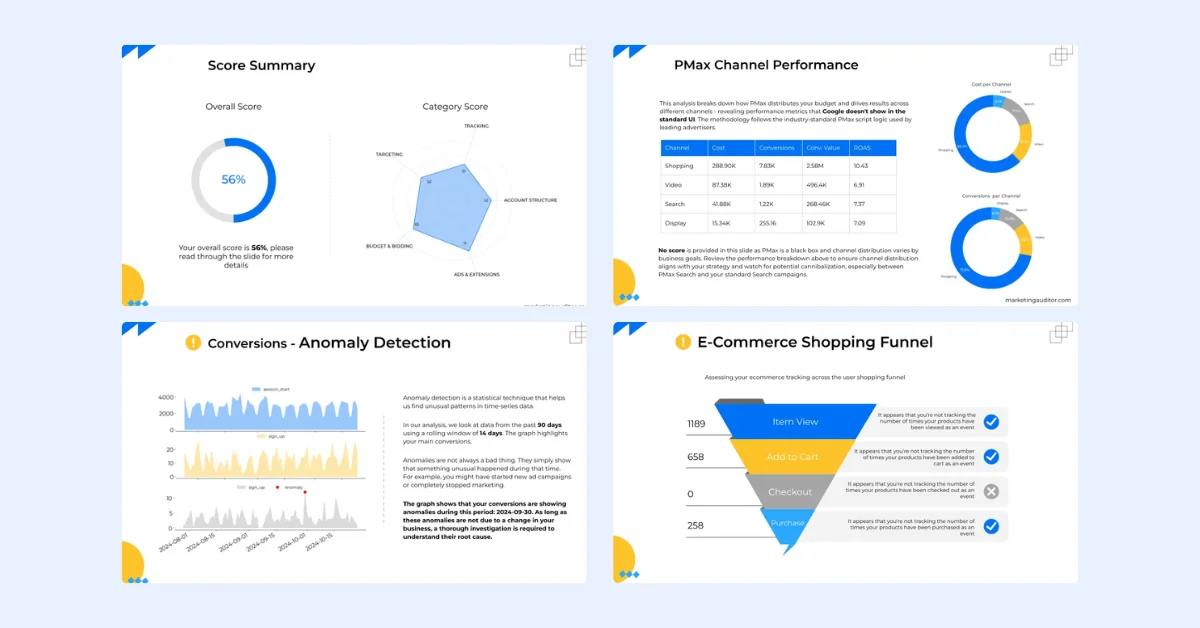The article discusses the need for cleaning up the programmatic supply chain in advertising. Despite efforts in supply path optimization, issues persist, as evidenced by recent events involving Forbes and Colossus. These incidents have raised questions about ad buyers' ability to control their programmatically purchased inventory.
Digitas North America plans to adopt a stricter approach to inventory sourcing. The company intends to move away from the open exchange and start buying on auction package only. This involves setting up private marketplace (PMP) deals with suppliers, aiming to tighten the link between client demand and publisher supply. The agency will establish deals with key supply-side platforms (SSPs) and curate the supply. The number of SSPs is expected to be reduced to 10 or less from the current count of under 15.
The challenge for Digitas North America is to balance control over inventory and access to inventory. The curation process will likely vary between performance-minded clients and brand advertisers. The goal is to get closer to the supply and eliminate reselling. Despite using PMPs, the agency expects to still find made-for-advertising (MFA) sites.
The current auditing process for programmatic ads can be cumbersome, involving programmatic traders assessing tens of thousands of URLs per report. The traders evaluate sites based on criteria such as impressions delivered, spend amounts, and percentage of total spend. Digitas North America aims to make it harder for bad actors in the programmatic supply chain to access ad budgets.
The article concludes by suggesting that if more agencies adopt a similar strategy, the programmatic supply chain will become less messy. As repercussions become more apparent, the supply group is expected to narrow, leaving only the good ones.











